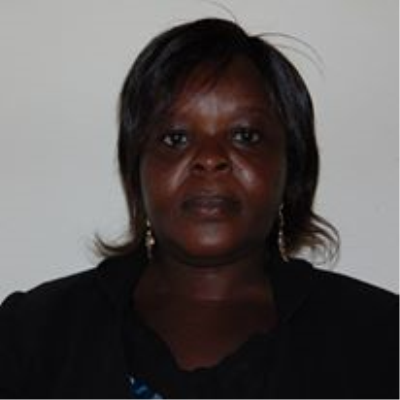HRCSL TEAM MEMBER

Availability
- Saturday & Sunday: By Appointment / Emergency
- Monday - Friday: 9:00 - 17:00
MONITORING AND RESEARCH
The Directorate of Monitoring and Research (DMR) was set up in 2011 and is responsible for: 1. Carrying out the monitoring and research functions of the Commission as required in (Section 7(2)(f) of the HRCSL Act 2004) which include monitoring, researching, documenting and reporting on the human rights situation in the country 2. Coordinating the monitoring and research activities of the Commission including those of the regional offices, 3. The smooth functioning and optimum programmatic impact in human rights monitoring and research within the Commission 4. Coordinating the Commission’s role in reviewing legislation, draft bills and policies to ensure compliance with domestic, regional and international human rights standards and principles (Sections 7(2) (c) (d) and (e) of the HRCSL Act 2004) 5. Strengthening HRCSL’s partnership in the area of monitoring and research with key stakeholders and implementing partners 6. Monitoring government’s compliance with international and regional human rights standards 7. Producing the Commission’s annual report on “The State of Human Rights in Sierra Leone” in accordance with Sections 7(2)(g) and 24(1)of the HRCSL Act 2004). There are five units within the Directorate 1. Monitoring - Responsible for monitoring and reporting on human rights issues (violations). The Commission monitors places of detention (Correctional Centres, Police Cells, Remand Homes, Care Giver Homes) and incidences that occur spontaneously 2. Women and Children’s Rights - In addition to the general objectives of the Directorate this unit is responsible for raising awareness and building capacity on the rights of women and children in Sierra Leone, monitor the implementation of gender laws and ensure that the Commission’s programmers are gender compliant. It is also responsible for coordinating training on gender, children and women’s rights and (SGBV); Providing technical guidance in promoting the rights of women and children at all levels; Collaborating with government, the National Commission for Children, UN agencies, civil society groups, local and international NGOs on woman and children's issues 3. Disability and Non-Discrimination In addition to the general objectives of the Directorate this unit is responsible for Promoting empowerment for differently-abled and marginalized persons through training and advocacy; Developing programs and materials that promote the principle of equality and non-discrimination; Creating awareness on contemporary approach to the rights and service needs of differently abled-persons, vulnerable and marginalized persons; Supporting government initiatives directed towards supplying the needs of differently abled-persons and promotion of equality and non- discrimination; Developing and supporting implementation of a differently-abled policy for the HRCSL in consultation with organizations of differently abled –person 4. Treaty Body and Other Mechanisms In addition to the general objectives of the Directorate this unit is responsible for promoting and ensuring the harmonization of national legislation regulations and practices with the international human rights instruments to which the State is a party, and their effective implementation; encouraging ratification of the human rights instruments or accession to those instruments, and to ensure their implementation; contributing to the reports which States are required to submit to United Nations bodies and committees, and to regional institutions, pursuant to their treaty obligations and, where necessary, to express an opinion on the subject, with due respect for their independence. The units should cooperate with the United Nations and any other organization in the United Nations system, the regional institutions and the national institutions of other countries that are competent in the areas of the promotion and protection of human rights and Collect data around the implementation of the UPR and reporting 5. Business and Human Rights In addition to the general objectives of the Directorate this unit is responsible for supporting the Commission’s investigation, monitoring and educational mandate as well as its engagement with business entities on human rights. It works with national and international partners working in the field of business and human rights and also collaborates with statutory institutions regulating business activities in the country. Josephine E. A. Thompson-Shaw (Ms.) Director of Monitoring and Research Holds a B.A (Hons.) in Geography from Fourah Bay College, University of Sierra Leone, M.A in Peace and Development Studies from Njala University; a Diploma in Transitional Justice from the Institute for Justice and Reconciliation in South Africa. She is a Fellow of the International Centre for Transition Justice. She joined the Human Rights Commission in 2008.